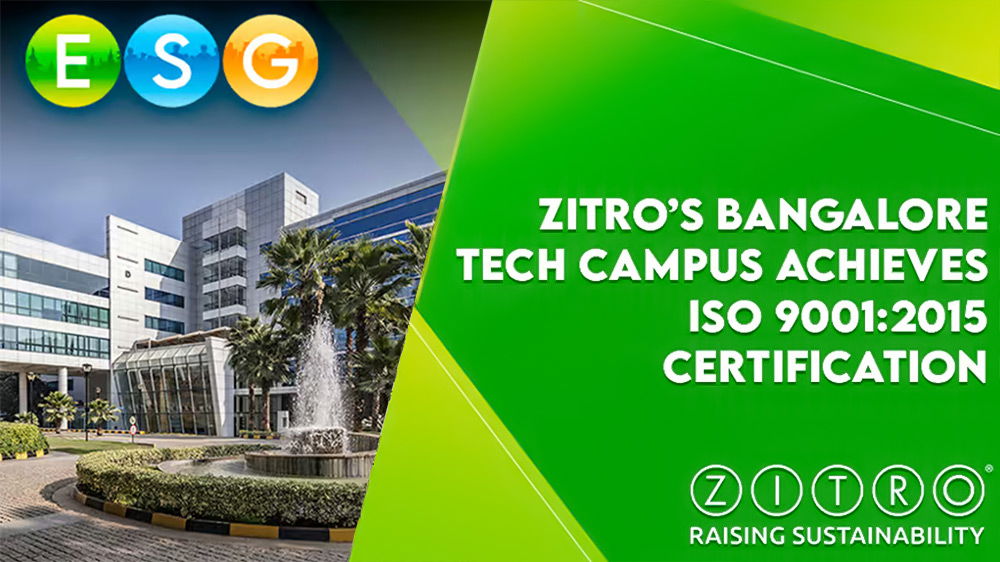Morgan Stanley cuts 2022 Macau GGR forecast by 30% to $15B; 2023 down by 20%

Investment banking firm Morgan Stanley is cutting its gross gaming revenue forecast for 2022 in Macau by an estimated 30%. Analysts forecast a total of $15.1 billion in GGR, a figure which is 6.6% shy of the government’s own forecast of $16.2 billion for this year.
While the figure represents 42% of total pre-pandemic levels, it does, however, imply a 41% increase compared to an initial expectation of $10.7 billion this year, reports Macau Daily Times. The firm describes recovery in the Macau market as “choppy.”
In its reason for lowering its 2022 estimate by 30%, Morgan Stanley cites “China’s tightened crackdown on illegal capital outflows,” as well as “potentially slower travel recovery” amid pandemic-related closures and new Covid variants.
Moreover, Morgan Stanley is also lowering its GGR estimate for 2023 by 20% to $26 billion, which would be at 70% of pre-pandemic levels in 2019. “For 2023, the lower GGR is due to lower VIP revenue at $1.9 billion or 14% of 2019 from 54% of 2019′s level previously,” reads the report.
When estimating EBITDA for all six gaming licensees in Macau, analysts with the firm said they expected $3.81 billion and $8.31 billion respectively for 2022 and 2023, 40% and 8% lower. The firm expects 2023 EBITDA “at only 90%” of 2019’s level.
The investment bank is also retaining its “attractive view” on the Macau casino industry for a series of reasons, including further clarity regarding licensing: the six existing gaming concessions are due to expire in June 2022, unless licensees are granted a form of limited extension from the original 20-year term.
According to the Morgan Stanley team, three events are expected to be resolved in the next six months. These are the publication of the report on the public consultation regarding Macau’s gaming law review; a new draft of the gaming law; and the city’s Legislative Assembly approving the bill.
These events “will provide clarity,” even if the firm expects a temporary extension of license renewals beyond June 2022, which could be announced “in Q1.” Moreover, should travel between mainland China, Hong Kong and Macau be eased, this could also act as a near-term catalyst for the industry.
However, certain developments could further complicate Macau’s gambling industry, including a crackdown “on premium mass similar to junket VIPs,” and no-issuance of e-visas or group visas, thus capping the number of visitors to the Chinese enclave
Another development which could also hamper the recovery of the market is “punitive regulation” around license extension. This could include higher taxation or more non-gaming investment, thus “driving lower return on invested capital.”


















































